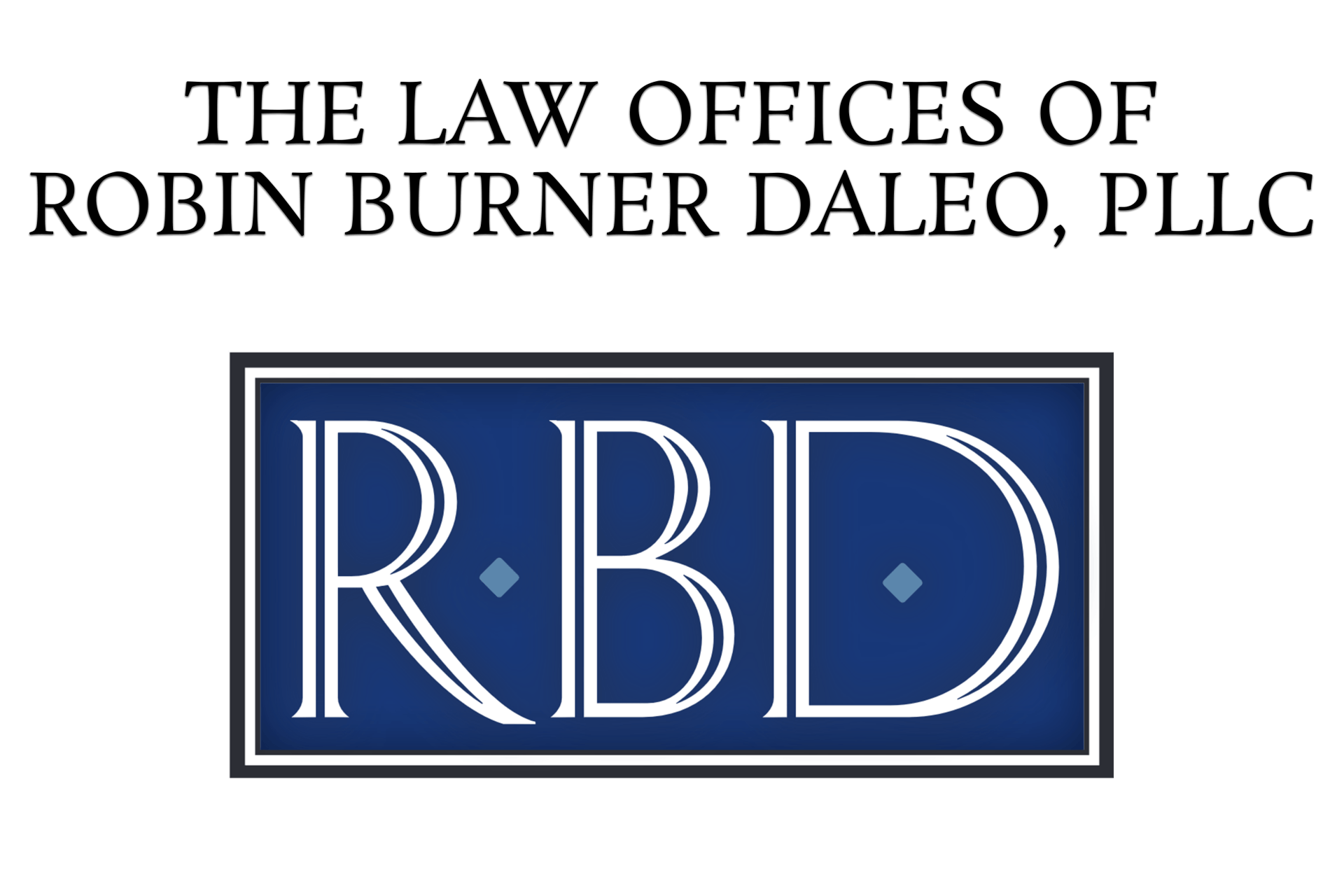Power of Attorney in New York: What Every Caregiver Needs to Know

Suppose you’re helping care for an aging parent or loved one. In that case, you may already know how overwhelming the Responsibilities can be, including managing medications, keeping track of doctor appointments, and ensuring that bills are paid on time. But what happens when your loved one can no longer make financial or legal decisions for themselves? That’s where a Power of Attorney comes in.
In New York, a Power of Attorney (POA) is a legal document that allows someone to act on another person’s behalf in financial and legal matters. It’s one of the most essential tools for caregivers—but also one of the most misunderstood.
Let’s walk through the essentials of Power of Attorney, what’s changed under recent New York law, and how it can protect caregivers and their loved ones.
What Is a Power of Attorney?
A Power of Attorney is a written document where one person (called the principal) grants another person (called the agent) the authority to handle their financial and legal decisions.
Once signed, the agent can act within the limits set by the document.
Why Caregivers Shouldn’t Wait
Many people think they can wait until something happens before creating a Power of Attorney. Unfortunately, by the time a loved one is no longer able to make decisions, it may be too late.
Without a valid POA in place, caregivers might have to undergo a lengthy and costly guardianship process just to obtain the authority to handle basic financial matters like:
- Paying bills
- Accessing bank accounts
- Managing insurance claims
- Handling Medicare or Medicaid paperwork
Establishing a Power of Attorney now—while your loved one is still mentally able to do so—can save time, money, and stress later.
Types of Powers of Attorney in New York
There are a few types of POA documents, but the most common for caregivers is the Durable Power of Attorney. Let’s break it down:
1. Durable Power of Attorney This remains valid even if the principal becomes mentally incapacitated. This is the type most caregivers need, as it ensures continuity during a medical crisis.
2. Non-Durable Power of Attorney This is usually used for specific transactions, such as selling a home, and it terminates if the principal becomes incapacitated.
3. Springing Power of Attorney This only takes effect under specific conditions—usually when the principal becomes incapacitated.
What the New York POA Law Changed
In 2021, New York State revised its Power of Attorney laws to make the process simpler and more accessible for caregivers and seniors. These updates took effect on June 13, 2021.
Here are the key changes that matter:
- Simplified Form: The old form was long and complex. The new version is easier to understand and complete.
- Elimination of Exact Wording Requirement: Previously, any deviation from the statutory wording could invalidate the POA. The law now allows for “substantial conformity.”
- Witness Requirement: The new form must be signed in front of a notary and two witnesses.
- Sanctions for Financial Institutions: Banks that unreasonably refuse to honor a valid POA can now face penalties.
These changes were implemented to cut red tape and help families avoid unnecessary legal hurdles—something every caregiver can appreciate.
What Powers Does an Agent Have?
The POA document clearly states what the agent is authorized to do. These powers can be broad. or restricted, based on the principal's preferences.
Some common powers include:
- Writing checks and paying bills
- Managing retirement accounts
- Buying or selling real estate
- Handling tax matters
- Applying for government benefits like Medicaid
- Accessing digital accounts
In New York, there is a separate section called the Statutory Gift Rider. If the agent is permitted to make gifts or transfers of the principal’s assets—including Medicaid planning transfers—this section must be completed and signed separately.
Caregivers should always consult with an elder law attorney before granting gifting powers, especially when planning for long-term care.
Choosing the Right Agent
Trust is everything. A Power of Attorney grants another person access to your money, property, and personal affairs. That’s why it’s so important to select an agent who:
- Is responsible and financially stable
- Understands your wishes and values
- Can keep clear records
- Will act in your best interest
It’s also wise to name a backup or successor agent in case the first person can’t serve.
For caregivers, the agent is often a child, spouse, or sibling—but think carefully before taking on this role. It involves a legal obligation to act honestly, responsibly, and in the best interest of the principal.
Common Mistakes to Avoid
Here are a few pitfalls we see too often:
❌ Waiting too long: Once someone loses capacity, they can no longer legally sign a POA. At that point, the only option might be guardianship.
❌ Using a generic online form: Each state has its own requirements. A “one-size-fits-all” POA from the internet might not meet New York’s legal standards.
❌ Not including the Statutory Gift Rider: If you plan to do Medicaid planning or transfer assets, this must be specifically authorized.
❌ Not notifying the agent: Simply signing the document isn’t enough. Make sure your chosen agent is aware of where the original is kept and understands their responsibilities.
How to Create a Power of Attorney in New York
- Meet with an elder law attorney: a qualified attorney can draft a POA tailored to your loved one’s situation and ensure all legal requirements are met.
- Sign in the presence of a notary and two witnesses: New York requires both for validity.
- Store the original in a secure yet accessible place: Share certified copies with the agent and financial institutions if necessary. Consider signing multiple orginal documents.
- Review the document regularly: Life changes—so should your POA. Review it every few years or after significant life events.
Final Thoughts: Don’t Wait for a Crisis
If you’re a caregiver, helping your loved one establish a Power of Attorney is one of the kindest—and most practical—actions you can take. It enables you to handle their affairs legally and shields both of you from unnecessary difficulties.
Every situation is unique. At The Law Offices of Robin Burner Daleo, we’re here to help families on Long Island understand their options and develop a solid plan. Whether you’re just starting out or need to update an old POA, we’re ready to guide you through it.
Frequently Asked Questions (FAQs)
1. Does a Power of Attorney give me control over medical decisions? No. A financial Power of Attorney only covers financial and legal matters. To make medical decisions, your loved one would need a separate document called a Health Care Proxy.
2. Can I create a Power of Attorney for someone with dementia? Yes, as long as the person understands what the document means. Your attorney can assess this.
3. Do banks have to accept a Power of Attorney? Yes—if the POA meets New York’s legal requirements. Banks can request to review the document and may ask for a recent copy, but they cannot unreasonably reject a valid POA under the new law.
4. Can a Power of Attorney be revoked? Yes. As long as the person who created it is mentally competent, they can revoke it at any time. Revocations should be made in writing and shared with all relevant institutions.











